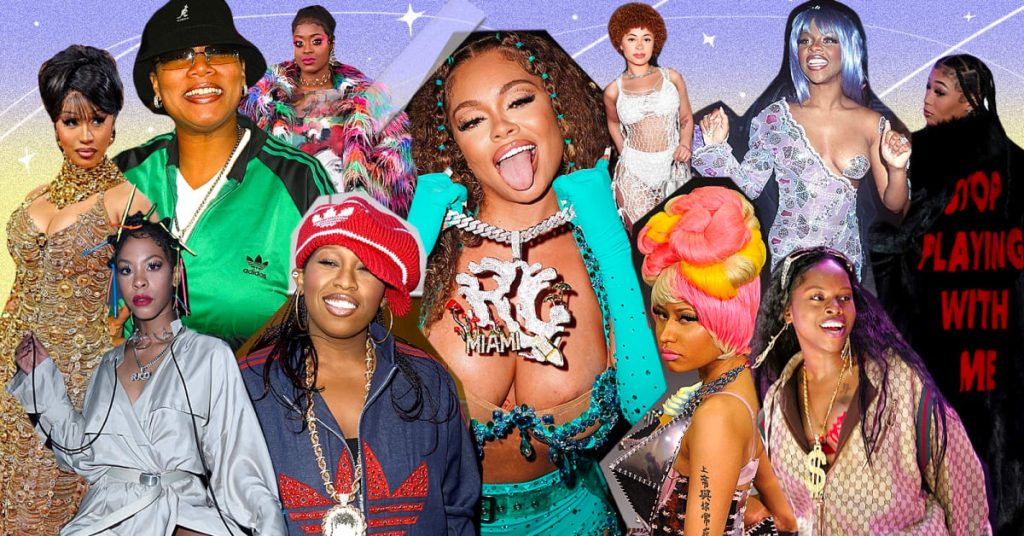For decades, hip hop was largely seen as a male-dominated genre, with women often relegated to the sidelines or dismissed as mere novelties. But in recent years, the tides have shifted. Women are no longer just guests on tracks or supporting acts—they’re headlining festivals, dominating charts, and shaping the culture from the ground up. The rise of women in hip hop is not just a trend—it’s a movement, and it’s here to stay.
A Brief History: Paving the Way
The story of women in hip hop begins long before today’s superstars. Pioneers like MC Lyte, Queen Latifah, Salt-N-Pepa, and Roxanne Shanté laid the groundwork in the 1980s and 1990s. They challenged stereotypes, brought new perspectives, and proved that women could spit bars just as hard—and often harder—than their male counterparts.
These trailblazers faced immense obstacles: misogyny, industry gatekeeping, and a lack of radio play. Yet, through their resilience and talent, they inspired future generations to pick up the mic.
The Modern Era: Taking Center Stage
Fast forward to the 2010s and 2020s, and it’s clear that women are not just participating in hip hop—they’re leading it. Artists like Nicki Minaj, Cardi B, Megan Thee Stallion, Doja Cat, Saweetie, and Latto have achieved massive commercial and critical success, often outpacing male rappers in streaming numbers, awards, and cultural influence.
Nicki Minaj, dubbed the “Queen of Rap,” broke countless records and opened doors for a new wave of female MCs. Cardi B made history as the first solo female rapper to win Best Rap Album at the Grammys. Megan Thee Stallion championed body positivity and female empowerment, while Doja Cat blurred genre lines and redefined what it means to be a hip hop artist in the internet age.
Why Now?
Several factors have contributed to this surge:
Social Media & Streaming: Platforms like TikTok, Instagram, and YouTube have allowed women to build their own audiences, bypassing traditional gatekeepers.
Changing Attitudes: The wider conversation about gender equality and representation has seeped into music, making space for more diverse voices.
Collaborations & Support: Women in hip hop are increasingly collaborating with and supporting each other, challenging the narrative that there can only be “one queen at a time.”
Authenticity & Storytelling: Audiences crave real stories, and women bring fresh perspectives on everything from relationships to politics to self-love.
Challenges Remain
Despite the progress, the industry is far from perfect. Women still face sexism, harassment, and double standards—whether it’s criticism for their lyrics, appearance, or ambition. Pay disparities and lack of executive representation persist. But the difference now is that women are speaking out, demanding respect, and supporting each other in unprecedented ways.
Looking Ahead
The future of hip hop is decidedly female—and it’s more exciting than ever. As new talents emerge and established stars continue to break barriers, the genre will only become richer and more varied. The stories, sounds, and styles that women bring to hip hop are expanding what the genre can be.
One thing is certain: Women are not just having a moment in hip hop. They’re building a legacy.
Conclusion
The rise of women in hip hop is a testament to talent, tenacity, and the power of representation. From the pioneers who fought for a seat at the table to the chart-topping stars of today, women are redefining what it means to be a hip hop artist—and inspiring millions along the way. The beat goes on, and it’s never sounded better.

